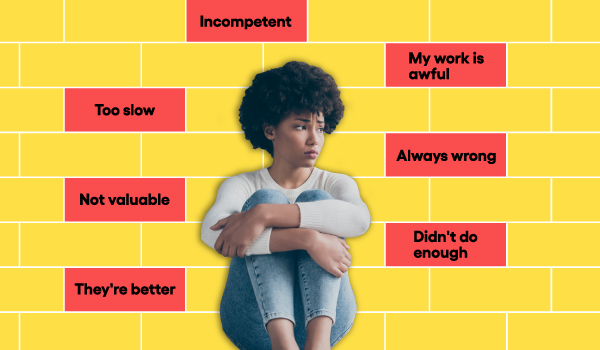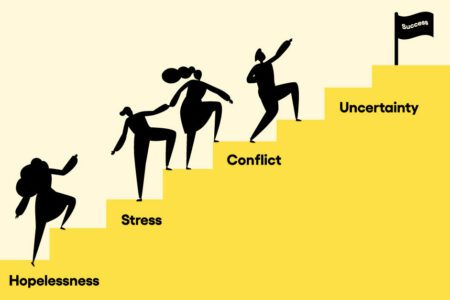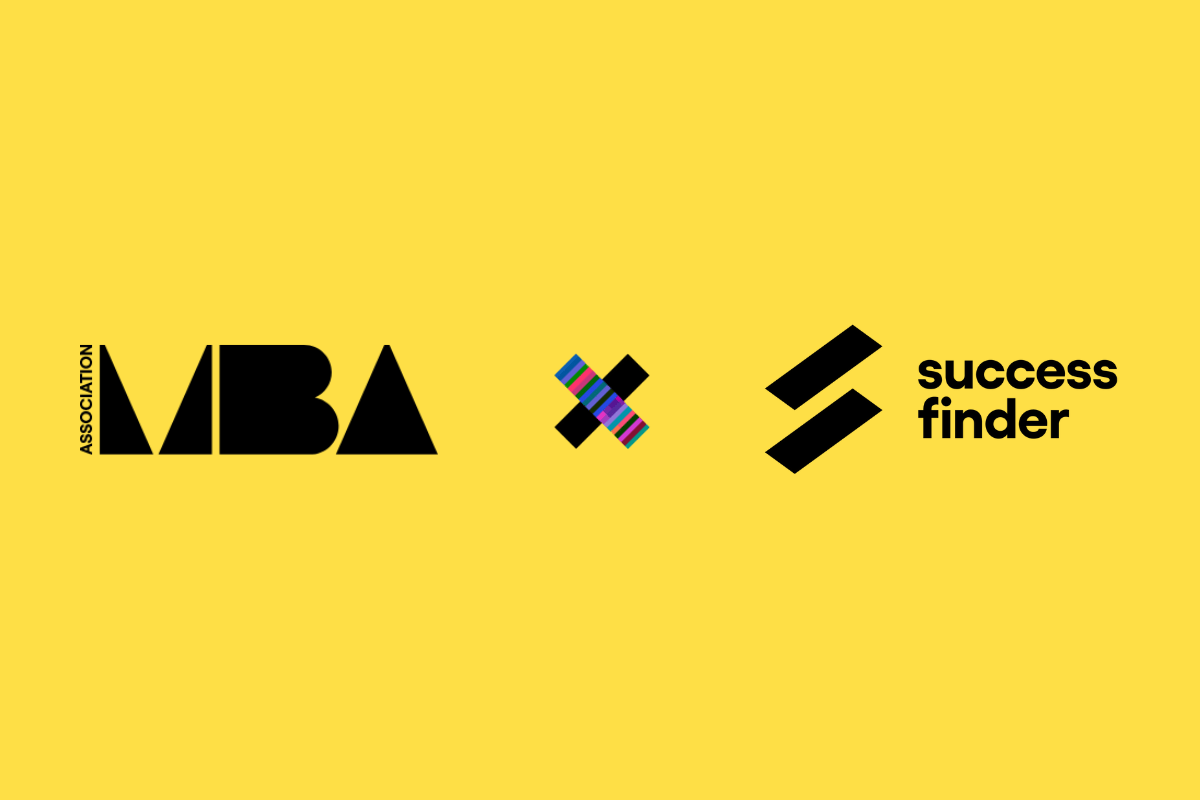We don’t always talk about it or see it, but it’s there. We don’t always notice it in our peers, but rest assured, it’s there. Sometimes, it’s so overwhelming and debilitating, that when it comes to thinking of shaking it off, we’ve ultimately passed the point of no return. It’s no surprise, but many of us struggle with anxiety in our day-to-day lives. Depending on how severe, this can greatly impact how we think and behave. These days, there’s more to it than simply taking deep breaths, or counting backwards from ten as we try to ground ourselves and disable the voice of doubt in our minds. As issues of mental health take the world by storm, how we handle its chilling blows can make or break us. Anne-Marie Paiement, PhD, has an important message for us when it comes to performance anxiety in the workplace: it’s highly manageable. As the founder of 2+2 Expertise, a consulting firm in organizational psychology, Paiement is dedicated to helping people achieve their full potential in the workplace. A multi-talented trusted practitioner currently based in Australia, she specializes in psychometric assessments, leadership development, team coaching, employee surveys, and career management.
What is performance anxiety and what are the symptoms?
Performance anxiety, as defined by the American Psychological Association, is “the apprehension and fear of the consequences of being unable to perform at a certain level, or being unable to perform it at a level that’ll raise expectation of even better task achievement.” Performance anxiety can be felt in various scenarios, like work, job interviews, salary or contract negotiations, networking activities, and more. It can come in forms of stage fright, nervousness, and even mood swings, like sudden outbursts of frustration or anger. There are some physical symptoms as well, commonly increased heart rate, sweaty hands, difficulty breathing, and even sleeping and digestion issues. As a form of situational anxiety, it generally stems from the fear of being embarrassed or being judged. “It becomes a problem when that fear and anxiety interferes with your capacity to perform at a reasonable level that we may expect from you,” explains Paiement right from her elegant Sydney office. When we suffer from performance anxiety, our primary concern is what others might be thinking of us, specifically, what horrible things are running through our peers’ heads regarding every move we make. With the COVID-19 pandemic still at play and millions still working remotely, this type of anxiety can follow us right into our homes, stretching itself into more than just worrying about our work performance, and infiltrating our after-work selves. A common denominator in those who suffer from performance anxiety is their fear of not performing perfectly at every working second.
Why study performance anxiety specifically?
When asked about why she chose to dive into performance anxiety, Paiement couldn’t help but crack a smile. “One of my big passions is to reduce the gap between academic research and what we see in reality. On one side, work and stress at work are among the most studied phenomena in organizational psychology, but they’re rarely studied together as performance anxiety. On the other hand, there are lots of studies on athletes, musicians, and students with performance anxiety.” Simply put, if we’ve stepped foot in a situation where we’ve had to complete a task effectively and efficiently for an employer or client, then we’ve all experienced this type of anxiety at some point in our lives. Logically, knowing more about it would be beneficial for those who suffer from it.
How can HR pros and managers help individuals overcome performance anxiety?
For most suffering from performance anxiety, the fear ultimately lies in the unknown. When our minds race, we tend to think of the worst.
Was the report I submitted good enough?
Did I sound weird at yesterday’s meeting?
Did they think my elevator pitch was stupid?
When it comes to communication, the psychometry expert was clear: the absence of feedback is worse than negative feedback. Even for those not necessarily experiencing anxious feelings in their day-to-day jobs, honesty from supervisors is always more helpful than silence. “When your employees are wondering if they’re doing a good job, they’re not doing their job because their brain is not occupied with doing the job itself. Managers always need to be clear and define their expectations,” Paiement says. In addition, it’s important for supervisors to not only actively take notice of what their team members are doing, but for them to give positive feedback where it’s due, and express when employees are meeting or surpassing expectations. It’s more than just telling employees they operate well, but managers detailing what they like about employees’ performance is a fundamental player in providing their team with the reinforcement they need to continue succeeding. Aside from the fact that it’s nice to hear, it facilitates communication and future conversations about work performance, whether positive or negative.
As the initial face of a company’s values and standards, human resources experts need to be careful in how they present a work environment to eager jobseekers and current employees. The most important thing HR pros need to be aware of is that no two individuals are alike, especially in a working environment. This means that the tools everyone might need to succeed with an anxiety-free state of mind might be different for the next person, and that is a norm that should be integrated within every HR capability. In fact, Paiement firmly believes that “building a psychologically safe work environment is so important in the workplace culture for people to take risks and not being afraid to be judged by others.” In addition to that, HR should actively be participating in helping managers find the best possible ways to encourage and support employees, and to provide them with the resources they need to focus their attention on mastery rather than just performance.
How can you help yourself if you suffer from performance anxiety?
As much as outside support is valuable, the most effective person to be able to help someone suffering from performance anxiety, is themselves. The first step is learning to identify patterns. What sort of situations are triggering an anxiety response, and how often?
The unexpected secret is quite simple, though. It turns out, whether you’re experiencing feelings of fear, or feelings or excitement, your body’s physiological response is the exact same, and this is where people can use this to their advantage. A study from Harvard Business School found that by reappraising that performance anxiety as an excitement or opportunity response, it can switch your mindset to an opportunity mindset versus a threat mindset. Knowing this, actively working towards shifting your mindset when the sweaty palms and nervous thoughts start to creep in can eventually lead to being able to control our anxiety responses. So, the next time you’re wondering how to calm yourself down, the answer is don’t.
It may sound shocking and a little counterproductive, but Paiement further explained that “when your mindset doesn’t match how you feel physically, it causes you even more distress. So, it’s kind of counterintuitive.” Instead of trying to fight your body’s reaction, try to trick your mind into joining it. Feed your brain positive thoughts of excitement for the tasks and challenges ahead and match the mental and physical to get them to work together. Simple? No. Worth a shot? Absolutely.
From a coach’s perspective, how has SuccessFinder been helpful in reducing performance anxiety?
When it comes to her coaching practice, Paiement uses SuccessFinder for a more in-depth approach when it comes to getting to know her clients. “You get to know the person really fast, and very deep. Oftentimes people are very surprised that you know all of this about them, and there are some dynamics that you can spot if someone has the propensity to experience performance anxiety. It can give you a hypothesis regarding what a person might tell themselves or which situation specifically will generate performance anxiety.” Not only that, but because of the high self-doubt that performance anxiety brings on, objective results provided by SuccessFinder’s data of someone’s potential can help determine the person’s strong characteristics, as well as their areas of development. It’s easier to assess what comes more naturally to someone, and what sort of distinguishing attribute is more challenging to take on in a particular role. When people are aware from the start of where they’ll thrive, confidence increases, and general mental health flourishes, especially when it comes to careers.
Performance anxiety won’t disappear overnight, and it certainly will find sneaky ways to creep in from time to time. After all, we are only human, and a little bit of pressure here and there is expected. While terrifying, the most practical things we can do is welcome the vulnerability that is present within ourselves when performance anxiety strikes, and make sure that managers and HR professionals are equipped with the knowledge and techniques to make the workplace culture a trusted one. Most importantly, we must always remember that we are in control of our minds and emotions, and we must listen to our physiological responses to be able to garner some control over how we feel about the challenges ahead.



